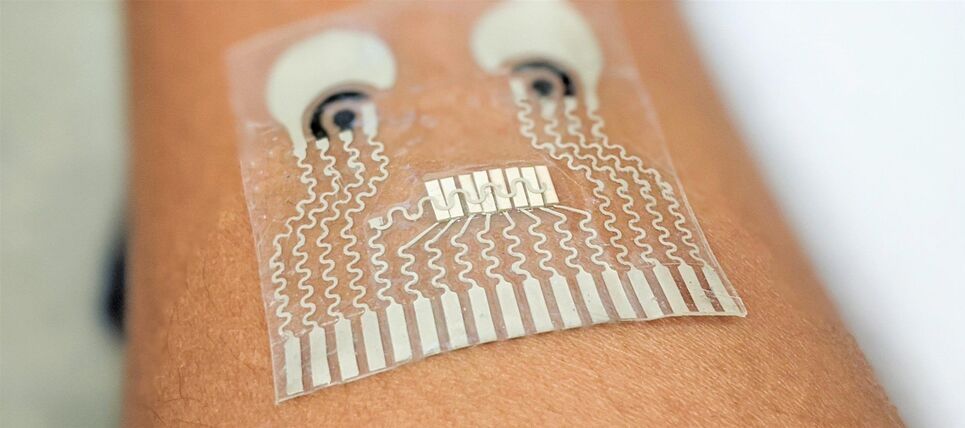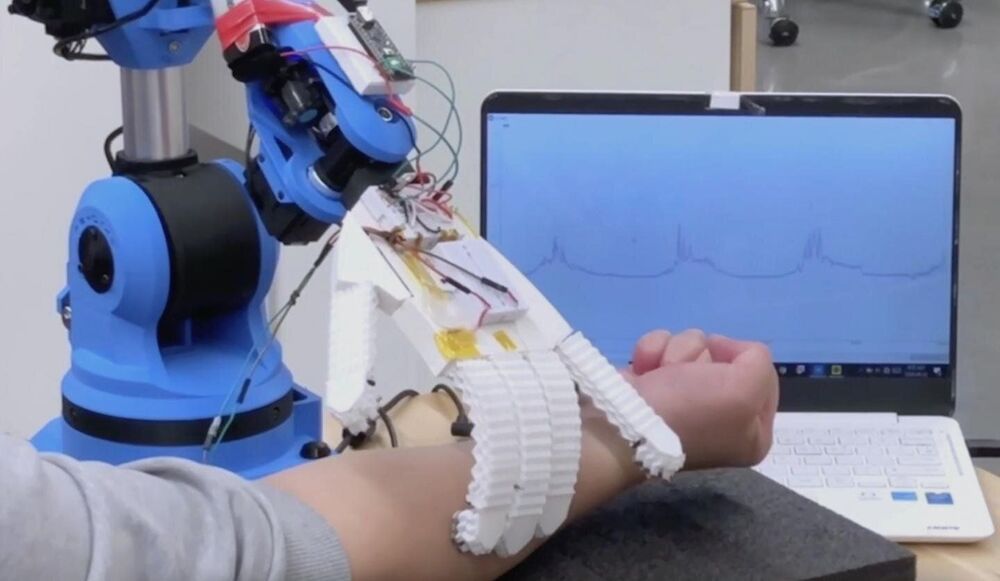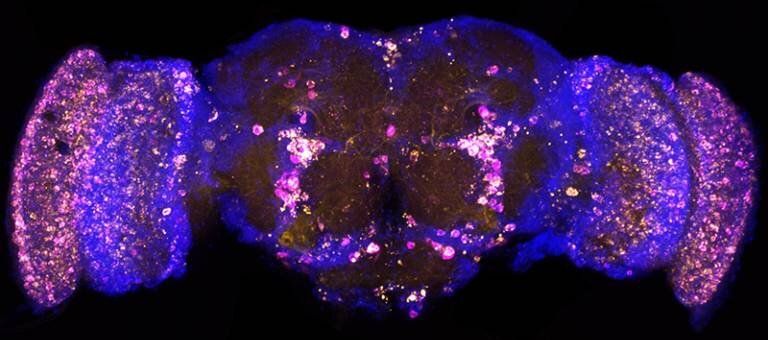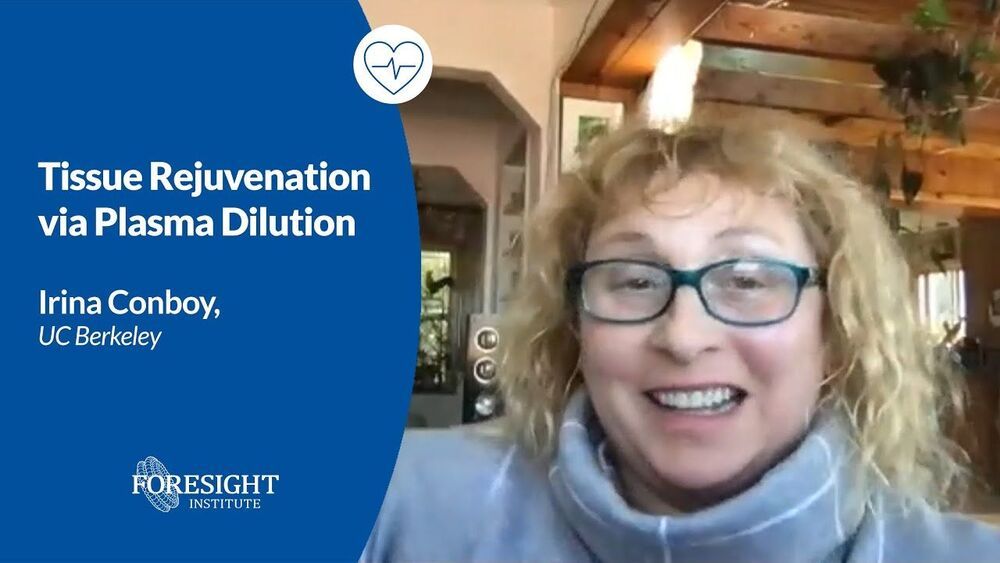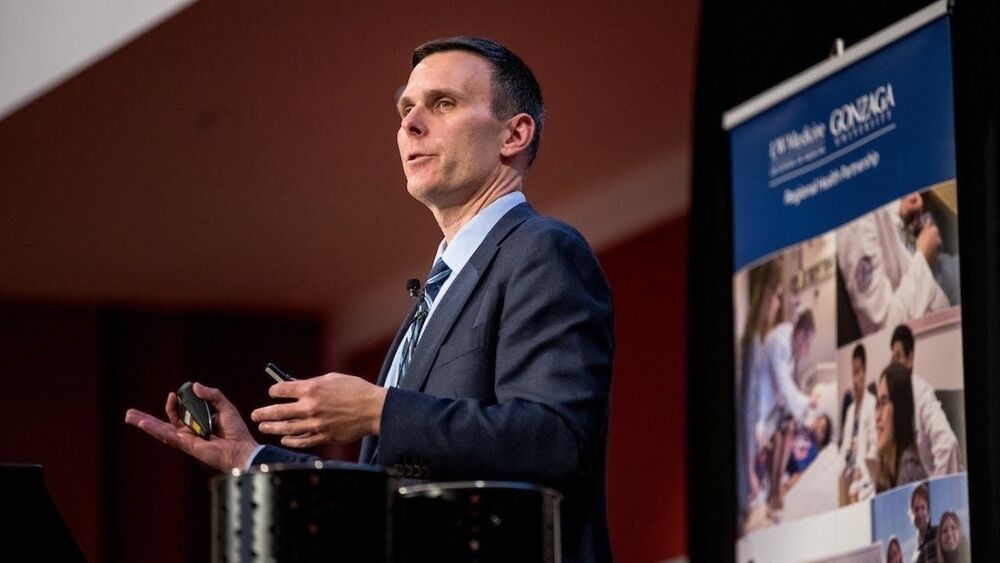Feb 27, 2021
Wearable, All-in-One Health Monitor: New Skin Patch Continuously Tracks Cardiovascular Signals and Biochemical Levels
Posted by Genevieve Klien in categories: biotech/medical, chemistry, engineering, health, wearables
Engineers at the University of California San Diego have developed a soft, stretchy skin patch that can be worn on the neck to continuously track blood pressure and heart rate while measuring the wearer’s levels of glucose as well as lactate, alcohol, or caffeine. It is the first wearable device that monitors cardiovascular signals and multiple biochemical levels in the human body at the same time.
“This type of wearable would be very helpful for people with underlying medical conditions to monitor their own health on a regular basis,” said Lu Yin, a nanoengineering Ph.D. student at UC San Diego and co-first author of the study published on February 152021, in Nature Biomedical Engineering. “It would also serve as a great tool for remote patient monitoring, especially during the COVID-19 pandemic when people are minimizing in-person visits to the clinic.”
Such a device could benefit individuals managing high blood pressure and diabetes — individuals who are also at high risk of becoming seriously ill with COVID-19. It could also be used to detect the onset of sepsis, which is characterized by a sudden drop in blood pressure accompanied by a rapid rise in lactate level.
